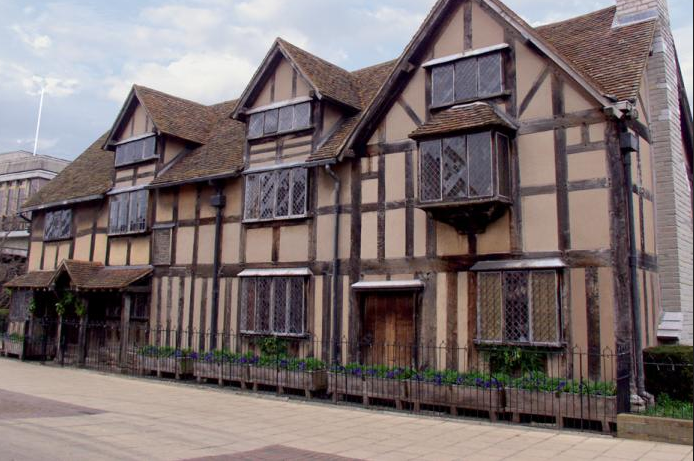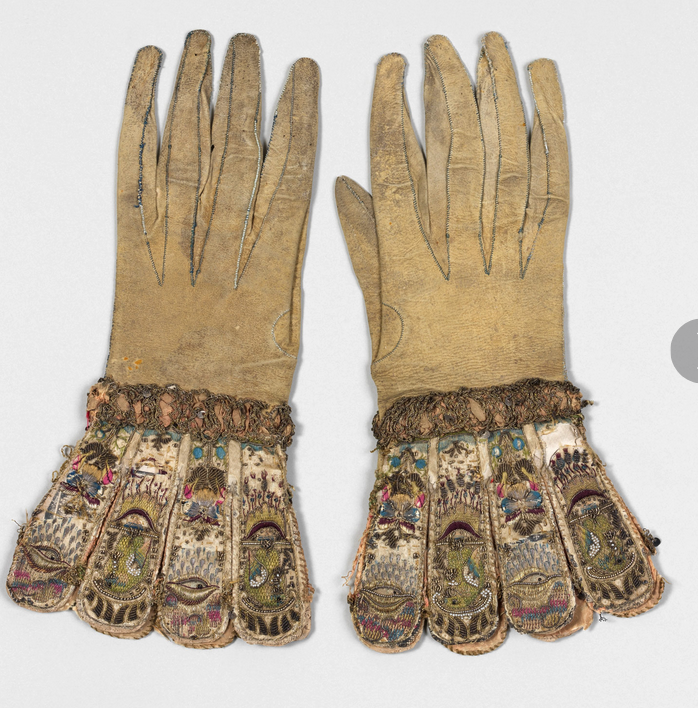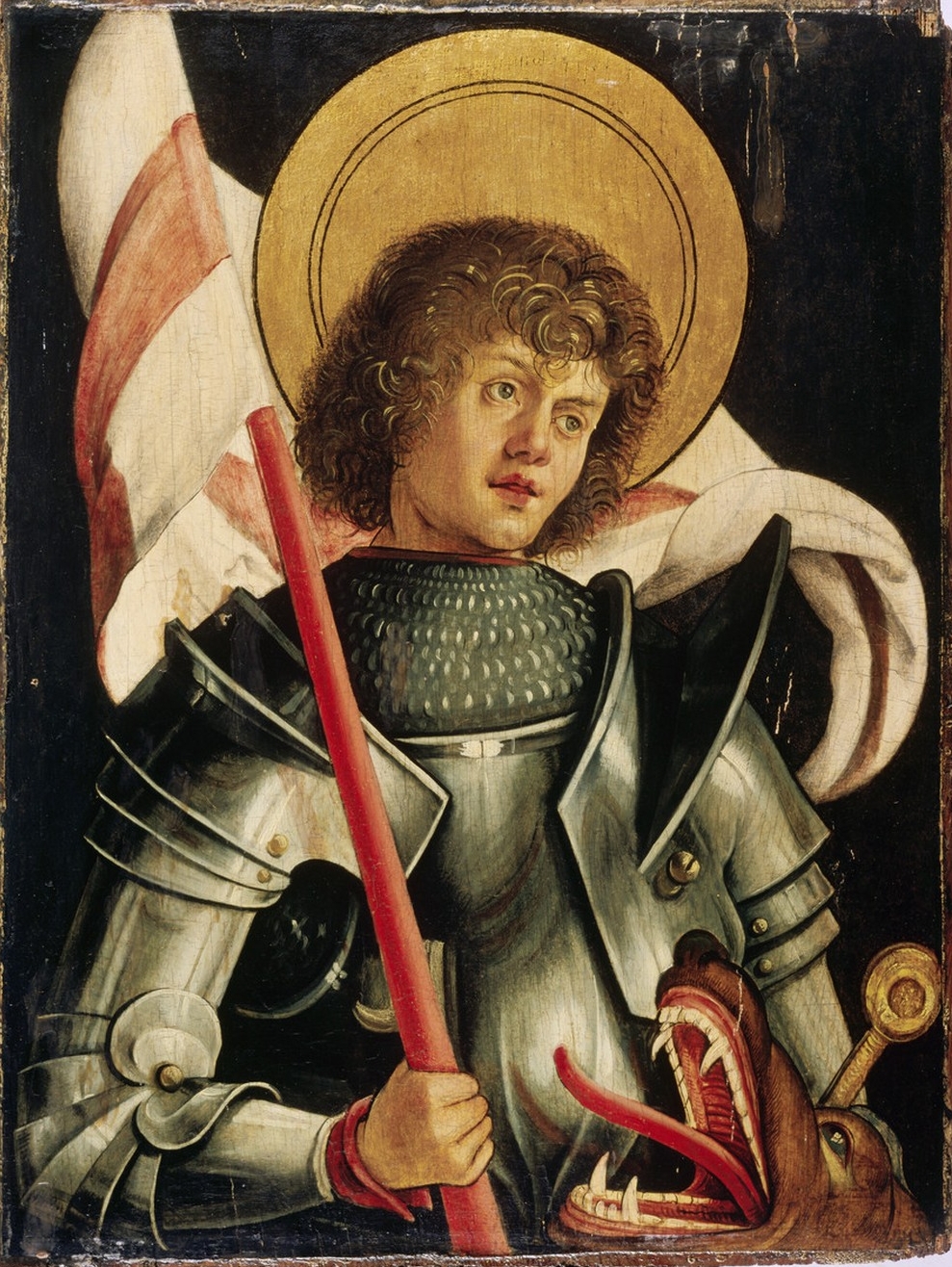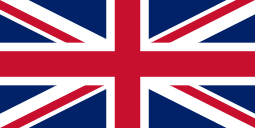Shakespeare's work was startlingly new
The feel of new: In 1954, this (play to Tony Bennet), which to me seems like the same tune, and certainly in the same tempo; but then, all of a sudden, out of nowhere that I knew anything about, this.Shakespeare's father was was a whittawer, and had a shop in downtown Stratford:

He worked with white leather, not brown (cow's) hides. He made gloves and had other side businesses.

William was baptized 26 April 1564. His birthday is celebrated on April 23, which is the feast day of St. George, slayer of Dragons, and patron saint of England and several other countries.

 The red cross that dominates the Union Jack is the St. George's cross.
The red cross that dominates the Union Jack is the St. George's cross.
So the April 23 is a very patriotic day for the birth of England's greatest poet. -- Also, he died on April 23, 1616, so there is the symmetry thing. -- And, finally, he may have actually been born on that date, because babies were hurried to baptism for fear that they would die before being baptized.
[Cervantes died on April 23, 1616, but that is the only connection between the two great literary heroes.]
Because Shakespeare's father was a city alderman, it is almost certain that his oldest son would have been a student at the local school, where Latin language and literature was the primary subject. In addition to reading the Bible in Latin, Shakespeare would have also read Aesop's fables, Ovid's "Metamorphoses" and the works of writers from Cicero and Caesar to Seneca and Virgil, among other ancient Roman orators and poets.
Besides this formal education, Shakespeare would have seen plays:
"Before being allowed to perform for the general public, touring playing companies were required to present their play before the town council to be licensed. Players first acted in Stratford in 1568, the year that John Shakespeare was bailiff. Before Shakespeare turned 20, the Stratford town council had paid for at least 18 performances by no fewer than 12 playing companies." --William Shakespeare: A Compact Documentary Life, by S. Schoenbaum.
What kind of plays? I don't think we know; I've never seen a list. But nevertheless, just the fact that plays were first acted in a small town, Stratford, and then were acted at least once a year thereafter shows that something very important is going on. Theatre in England is being reborn and becoming increasingly popular.
AND IT'S A NEW KIND OF THEATRE
Medieval drama was religious, moralistic, and often allegorical. It was a folk form that had grown out of religious celebrations. I've got a page on this topic
Gorboduc was a harbinger to the new drama that was going to completely replace the old: it was not allegorical, it was not religious. It was realistic, violent, and melodramatic, with no obvious moral at the end.
And the transition to the new kind of drama took place very swiftly. By 1568 a flood of traveling companies had washed up to the rather remote town of Stratford. Eleven years later (1579) marked the last performance of of Medieval play, and in 1576, when Shakespeare was 12 years old, the first purpose-built playhouse, the theatre, was built.
Back in Stratford, Shakespeare was growing up without many prospects. his father suffered some sort of heavy setback, borrowed a lot of money, and stopped coming to city council meetings. Shakespeare, at the young age of 18 had a shotgun marriage with Anne who was 26, and shortly after his first daughter (Susanna) was born, fathered a set of twins, Hamnet and Judith, who were christened on the 2 Feb. 1585. The next we know of him, he is London and is part of the growing and immensely popular theater scene. See Shakespeare in London.